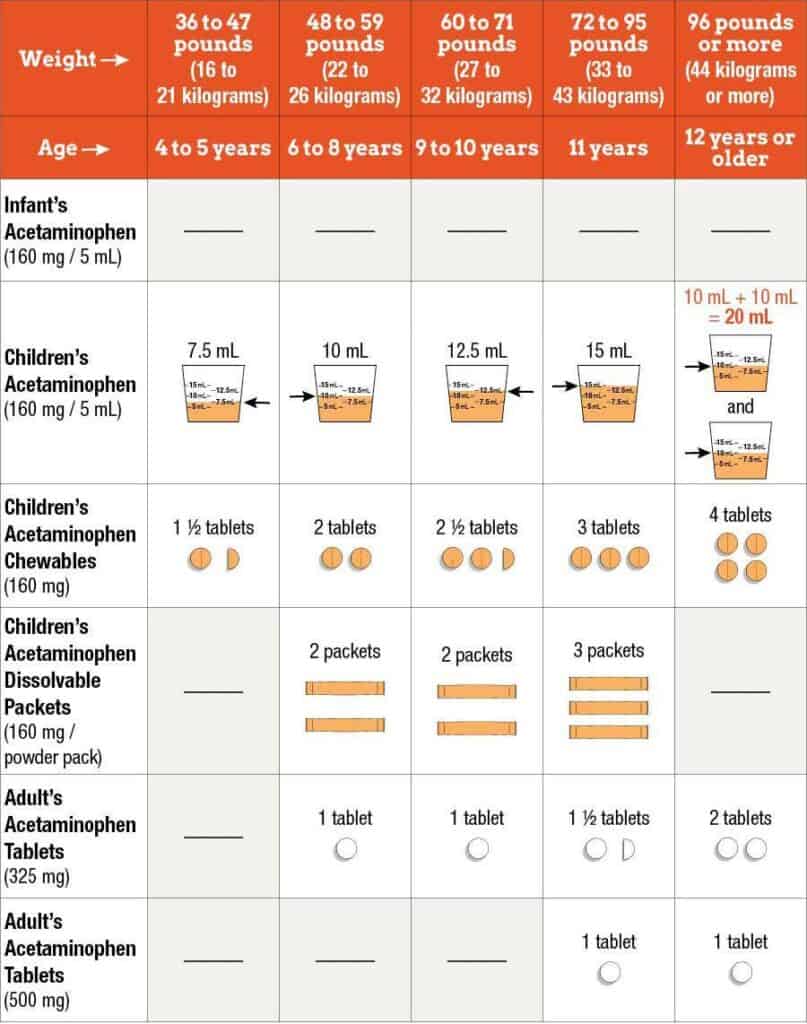Fever Protocol for Infants & Children in the Chicago, IL Area
A mild warmth that has lasted for a few days or a sudden spike in temperature can cause concern of fever in parents of infants and children. Alzein Pediatrics is here to explain when and how to medicate at home, when to call a provider, and when to go to Urgent Care or the ER.
It is important to remember that a fever is a sign that the body and immune system are doing their job and working to fight an infection, and that this is not necessarily bad. Most fevers are caused by viruses that will self-resolve with symptomatic treatment and do not require antibiotics. There are a few instances, though, when fevers can also be dangerous and your child needs medical attention.
When Fevers Need Immediate Attention
- If your infant is less than 2 months of age with a temperature higher than 100.4F rectally, they need to be taken to the emergency room immediately. Your infant will need an evaluation and work-up to rule out severe and detrimental infections like meningitis. Never medicate with over-the-counter medication at this age unless advised by a medical provider after an evaluation.
- Fevers in children who are immunocompromised or going through chemotherapy need immediate medical attention. If your child sees a specialist for these issues, contact them immediately.
- Fevers that cause seizures require an evaluation of the child following the seizure. Some children may be observed for a few hours in the hospital after a febrile seizure to ensure it is a one-time incident. Most children who have febrile seizures do not require seizure medications. Febrile seizures rarely occur in children older than 5 years of age.
- Febrile seizures are not determined by the height of the fever but rather by how quickly the temperature rises.
- Febrile seizures tend to run in families.
- If a child had a fever and cough that went away but then returned and worsened, they need to be evaluated to consider antibiotics.
- If your child has a temperature greater than 105F, go immediately to the emergency room.
- If your child is having trouble breathing such as consistent pulling in, tugging, or retractions of the trachea or ribs, go to the emergency room. When children have a fever, they may bring a little faster, but they should not breathe harder.
Protocol for Low-Grade Fevers
- A low-grade fever in children over the age of three months is typically between 99.0F and 100.4F.
- Generally, you can monitor a low-grade fever, from 99 to 100.4F, with no other severe symptoms at home by encouraging lots of oral fluid intake, making sure your child gets proper rest, and even giving lukewarm – never cold – baths to help bring the temperature down.
- We’ll advise you to watch for a low-grade fever after vaccines and recommend the exact dose of Tylenol/acetaminophen to give your child based on their weight. Only children over 6 months of age may receive Motrin/ibuprofen.
Important!
- Never treat a child with aspirin for fever or for any reason, unless instructed to by a specialist such as a pediatric cardiologist. Children are at risk for developing Reye’s Syndrome if given aspirin.
- Do not travel with a child with a fever, unless it’s medically necessary, to avoid the risk of a seizure while in the vehicle.
When To Call Our Office
- When meditating for a fever, remember to treat the patient, not the fever. Not all fevers are scary!
- Children might be more sleepy with fevers; this is not lethargy.
- The degree of fever does not indicate the severity of viral or bacterial infection.
- Some fever-causing viruses may cause your child to develop a rash; call our office for an in-person or telehealth appointment to help diagnose the rash.
- If your child is having additional symptoms such as ear pain, bad cough, or pain with urination, schedule a same-day appointment.
- If your child’s fever lasts more than two days, call our office for an appointment.
- If your child’s fever does not reduce after the recommended dose of Tylenol or Motrin, call our office.
Dosages
- Follow the dosing charts here based on weight, not age. Give Tylenol as indicated every 4-6 hours or Motrin every 6-8 hours. If you need assistance on dosage, please call our office and our staff would be happy to help!
Chart courtesy of healthychildren.org


